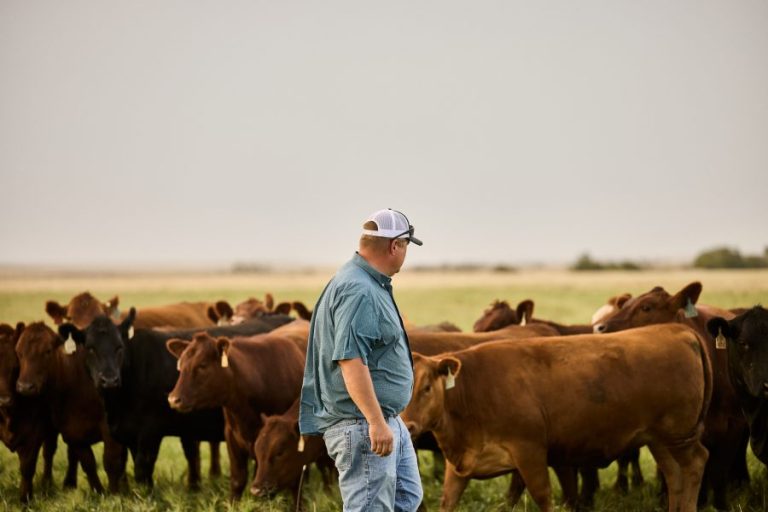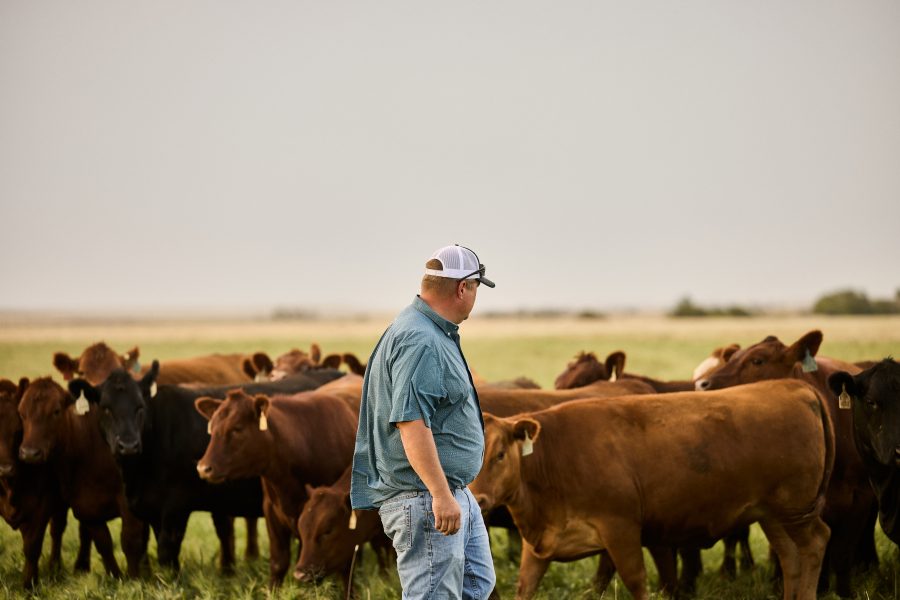WASHINGTON, D.C. – Reforming federal conservation programs, enhancing crop insurance options and maintaining the link between the nutrition and farm program titles are among American Farm Bureau Federation’s (AFBF) priorities for the 2023 farm bill. The AFBF its priorities for what may be the most consequential legislation for agriculture in 2023 – renewal of the farm bill. The priorities were identified by a working group of Farm Bureau members and staff from across the country.
That challenge is amplified further, AFBF President Zippy Duvall said, by the fact that the currently-seated Congress won’t write the 2023 legislation, and that the incoming-class could feature a surge of new members, with fewer being from rural districts. “So it’s our job to be able to inform them how you could help your constituents regardless of whether they’re the rural parts of the country or the urban parts.”
AFBF’s overarching priorities include:
- Continuing current farm bill program funding;
- Maintaining a unified farm bill that includes nutrition programs and farm programs together;
- Prioritizing risk management tools that include federal crop insurance and commodity programs;
- Ensuring adequate USDA staffing and resources to provide technical assistance.
“The farm bill is the most significant piece of legislation that affects farmers and ranchers across the country,” said Duvall. “Since enactment of the 2018 farm bill, farmers have faced significant challenges from market volatility, increased input costs and devastating natural disasters. Despite these headwinds, farmers and ranchers have met the needs of consumers both here and abroad while continuing to improve our environmental stewardship. We look forward to working with Congress to ensure the appropriate resources are available to craft farm policy that reduces food insecurity, bolsters national security and encourages long-term stability for all of our farm and ranch families.”
The priorities include more than 60 recommendations over multiple titles of the farm bill including reference price increases for commodities, more transparency for milk checks, funding for conservation programs, rural development, and streamlining of nutrition programs to get food to those who need it most.
“To achieve this goal, those of us in agriculture have a responsibility to help others understand both the significance of the farm bill and the benefits of modernizing it,” Duvall said.
The AFBF board of directors voted unanimously to approve the recommendations. Final approval of policy priorities will be accomplished by a vote of delegates at the AFBF Convention in Puerto Rico in January 2023.
Read AFBF farm bill priorities here.












